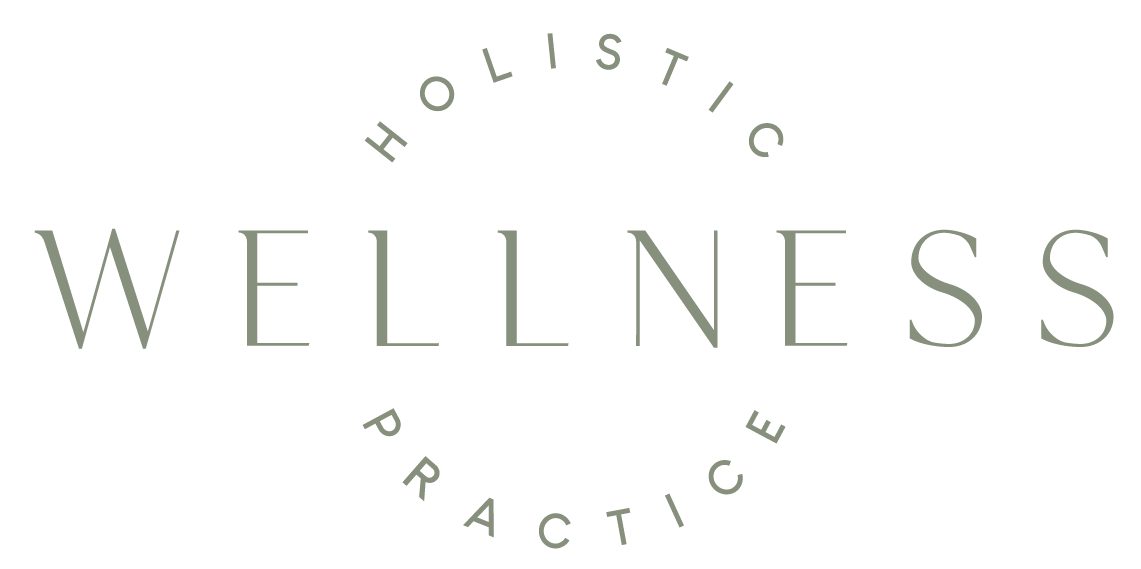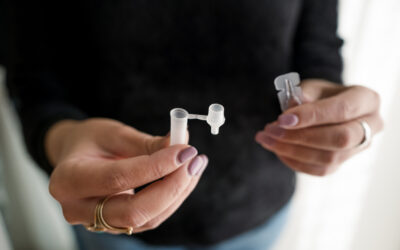First off, congratulations on your upcoming or new bundle of joy! You are embarking on an exciting new journey and one of the biggest life transitions you will ever experience. You’ve likely been thinking about and planning for life with baby for many months or possibly years now. Chances are you’ve purchased more baby items than you knew existed, you’ve attended doctor appointments, made lifestyle changes, and have talked to your partner for countless hours about baby names, accessories, parenting, and more.
Baby has been your #1 priority, right? At any point along this journey, have you stopped to consider how you will care for yourself (and your partner) post-baby, not physically but emotionally? A majority of parents neglect to focus on this step of planning; however, it is essential given you are entering what could arguably be some of the hardest months of your life. Also, keep in mind that your baby needs YOU healthy in order to care for him or her.
We know based on research and experience that you will be incredibly sleep-deprived, hormones will be shifting and you may worry more than you ever dreamed possible during the postpartum period. After all, symptoms of baby blues will affect up to 80 percent of mothers and postpartum depression or anxiety can impact 15-20 percent of moms. Let’s not overlook dads here. Paternal postpartum depression can affect up to 1 in 4 new dads.
While we cannot always prevent stress, worry, or a postpartum mood disorder from occurring, we can take steps to best care for ourselves during this vulnerable time. We’ve all heard the advice; sleep while your baby sleeps, ask for help, make sure you’re eating, and so on. These things are important but I encourage you to think and plan beyond this. Consider these not-so-obvious must-haves for your emotional well-being.
1. Be kind to yourself.
Acknowledge that the postpartum period is not pretty and perfect. There will be emotional highs and lows. You may struggle with your physical recovery or breastfeeding, you may feel distant or resentful towards your partner, baby may get horrible acne or cry all the time. Caring for a baby takes an extraordinary amount of energy and attention. There will be good days and bad days and some days when you wonder how you will get through. When you feel defeated, celebrate small wins such as taking a shower before noon, feeding with no spit-up, or getting your laundry done! Take one day (or hour) at a time, try to find humor in the stressful moments, cry when you need to, practice a mantra such as this too shall pass, and do what works for you and your family. At the end of the day, know that all your baby needs is loving parents who are doing their best.
2. Designate a person (or two) that you can call on any time.
Moms and dads…We all need a go-to friend/family member whom we can talk to about anything and genuinely be ourselves. Someone who will be there for you anytime, day or night. Someone who will listen and empathize, laugh or cry with you or curse the challenges of parenthood with you. This person will know when to force you to take a break or sleep, will grab diapers if you are running low or pick up dinner when you realize you haven’t eaten all day. This is the person you can lean on to feed your needs and your soul.
3. Set boundaries.
Take time to consider what will be most helpful for you and your partner in the postpartum period. Would you like to take a week or even a month to yourselves to bond with your baby, wear your PJ’s all day, not worry about your house and simply adjust to your new life. Or would you rather have family and friends visiting immediately after birth? Either option is fine, do what works for you. When having visitors over, don’t be afraid to tell them how they can best support you. It may also be helpful to have guidelines in place such as limiting visits to 1-2 hours or to a specific time of day. If you are worried about exposing baby to germs, consider implementing a look but don’t touch policy, especially if your baby is born during flu season or was premature. Boundaries will help to limit misunderstandings, give you a sense of control, and will ultimately decrease stress.
4. Force yourself to take an occasional break.
What did you do pre-baby to unwind, relax or de-stress? Perhaps you exercised, went out for dinner or drinks or got a massage. Chances are that none of these options feel attainable now that you have a tiny human relying on you 24 hours a day. What if I suggest you take 30 – 60 minutes away from your baby once a week? You might say this seems doable but then mommy (or daddy) guilt kicks in and interferes with this goal. If you don’t feel ready to take a break outside of the house in the early months, how can you get some “me time” at home? Perhaps an extra long shower, watching a new Netflix series, scrapbooking, or taking a walk in your neighborhood will do the trick and leave you feeling re-energized. If you can break away from home, going out for coffee or even to the grocery store, by yourself, once a week may feel refreshing. The point is, set a small goal that is attainable for you. You DESERVE a break and if that tinge of guilt tugs at you remember that it is healthy for you and for your baby. Giving your baby the opportunity to have one on one time with your partner, a family member or trusted caregiver will help support healthy infant attachment and development.
5. Use your supports and resources.
There is no better time to accept help and you likely don’t even have to ask for it! While you may feel inclined to hibernate during the postpartum period, isolating yourself can have a negative impact on you and baby. There are many options for support. Let’s start with your partner. Talk to your partner about what is hard for you, how you are feeling and how he/she can help. Family and friends can provide another layer of support from near or far by assisting with tasks such as a setting up a meal train. Don’t forget about your local community resources or online supports. Postpartum or parenting support groups or parent/baby classes provide an opportunity to connect with others in the same boat! Socialization has been found to boost a positive sense of self, reduce stress and strengthen the immune system…..all great things for you and your baby. Finally, if these supports or resources are not available to you or you need more, reach out to a professional for help and guidance. You do not have to go through this alone.
We invite you to join in and share your tips for emotional well-being!

Courtney Daniels is a psychotherapist who holds Perinatal Mental Health and Bringing Baby Home certifications. She specializes in helping women and couples achieve pregnancy, postpartum, and parenting wellness.
We offer in-person and virtual services – contact us today to learn more!







